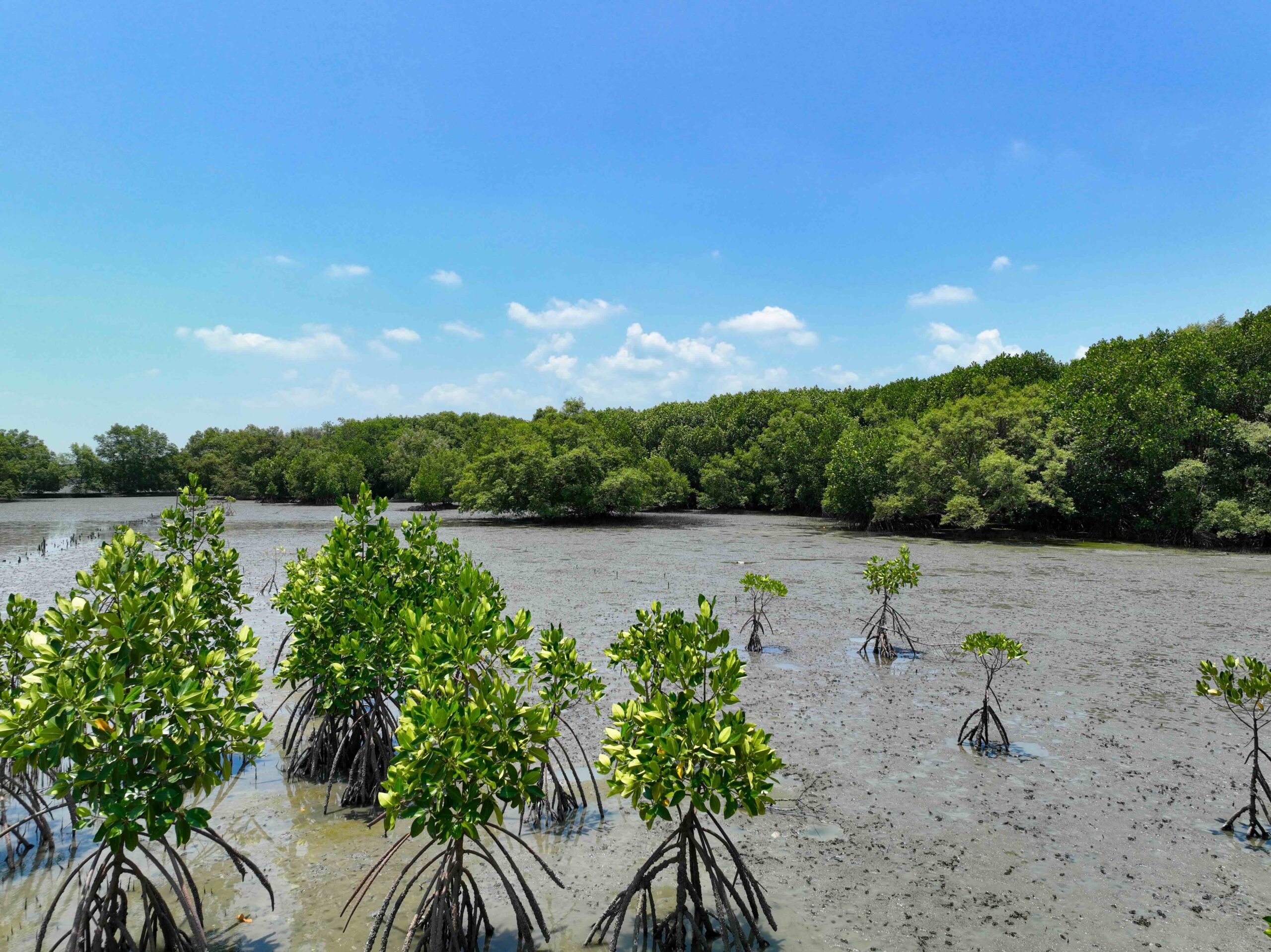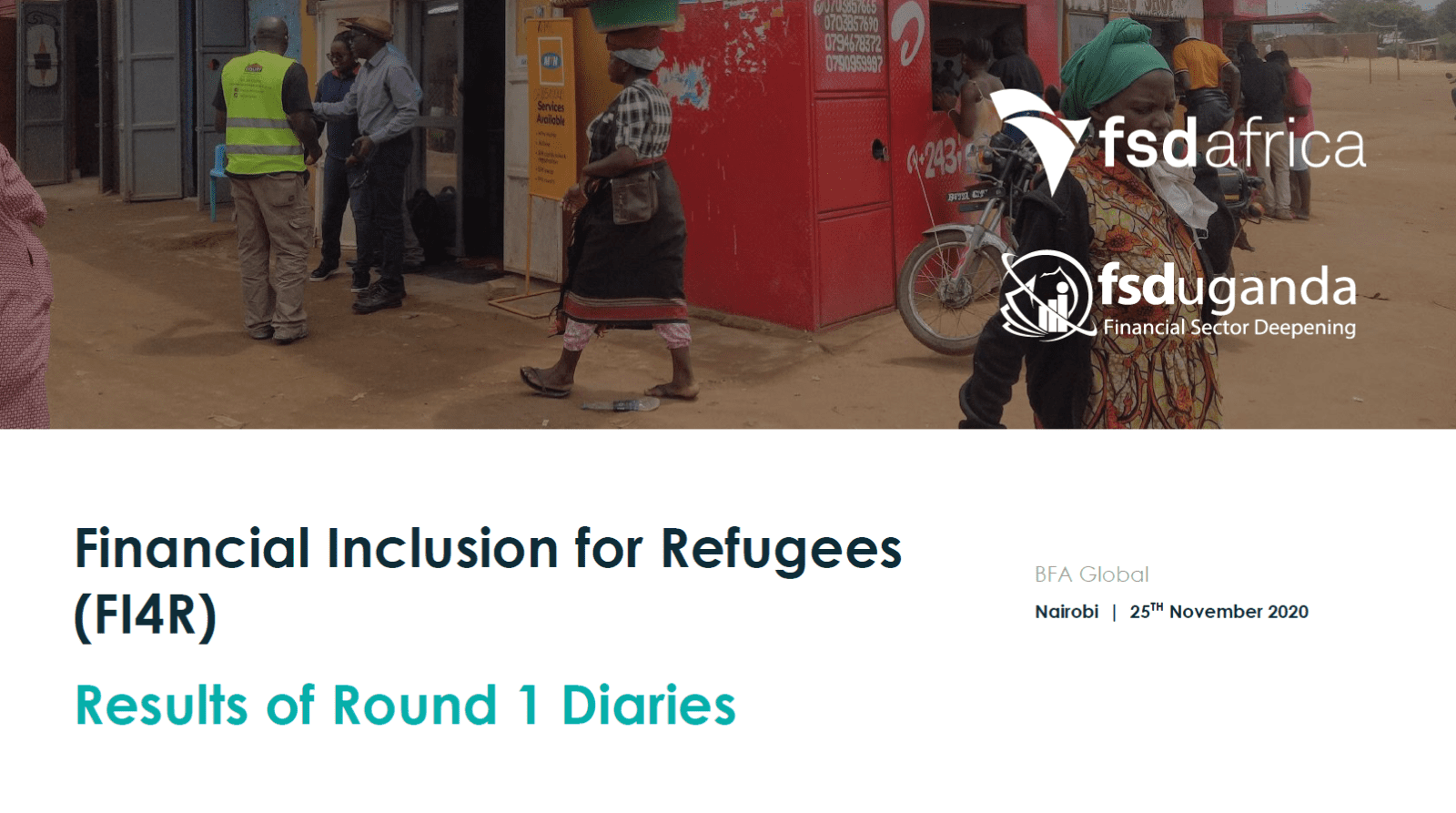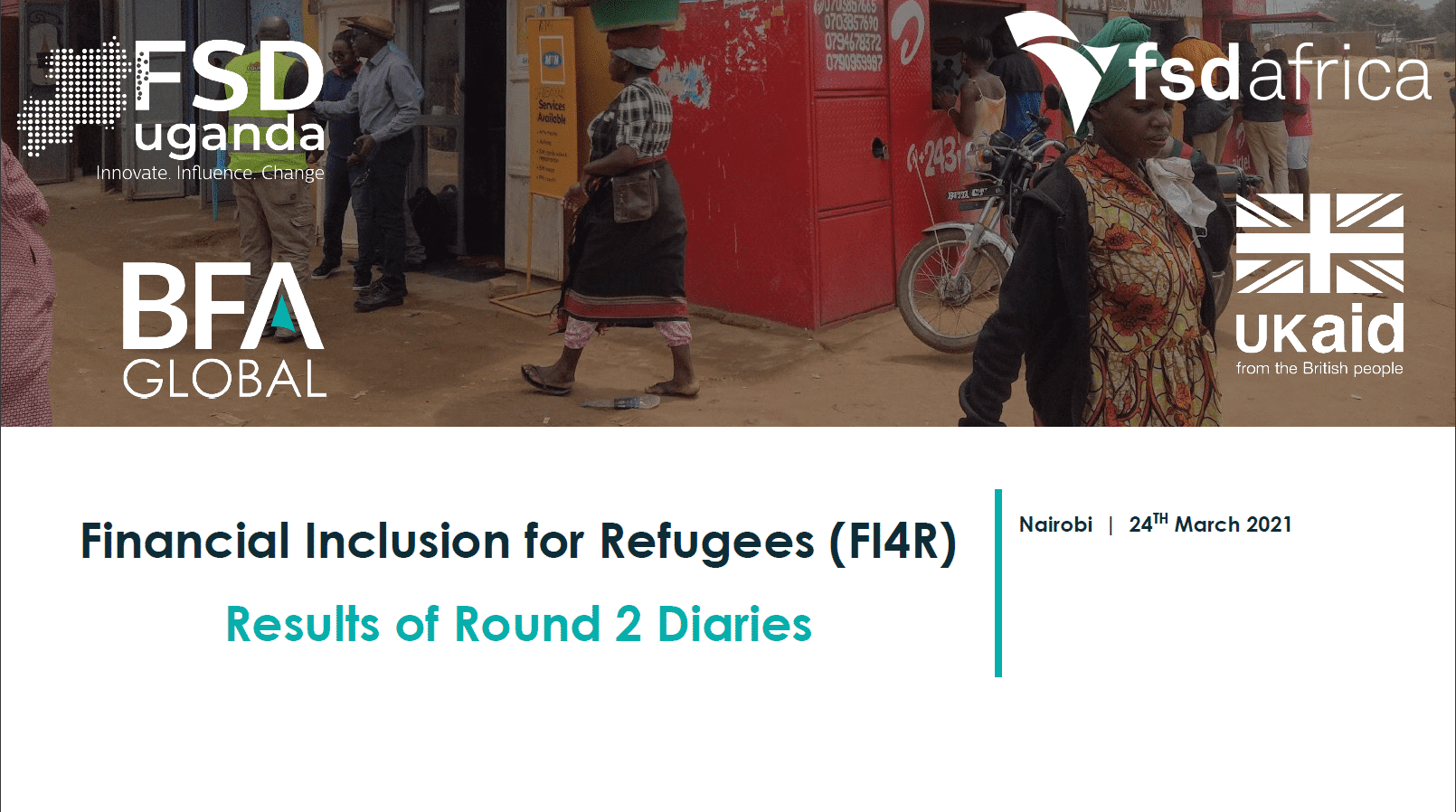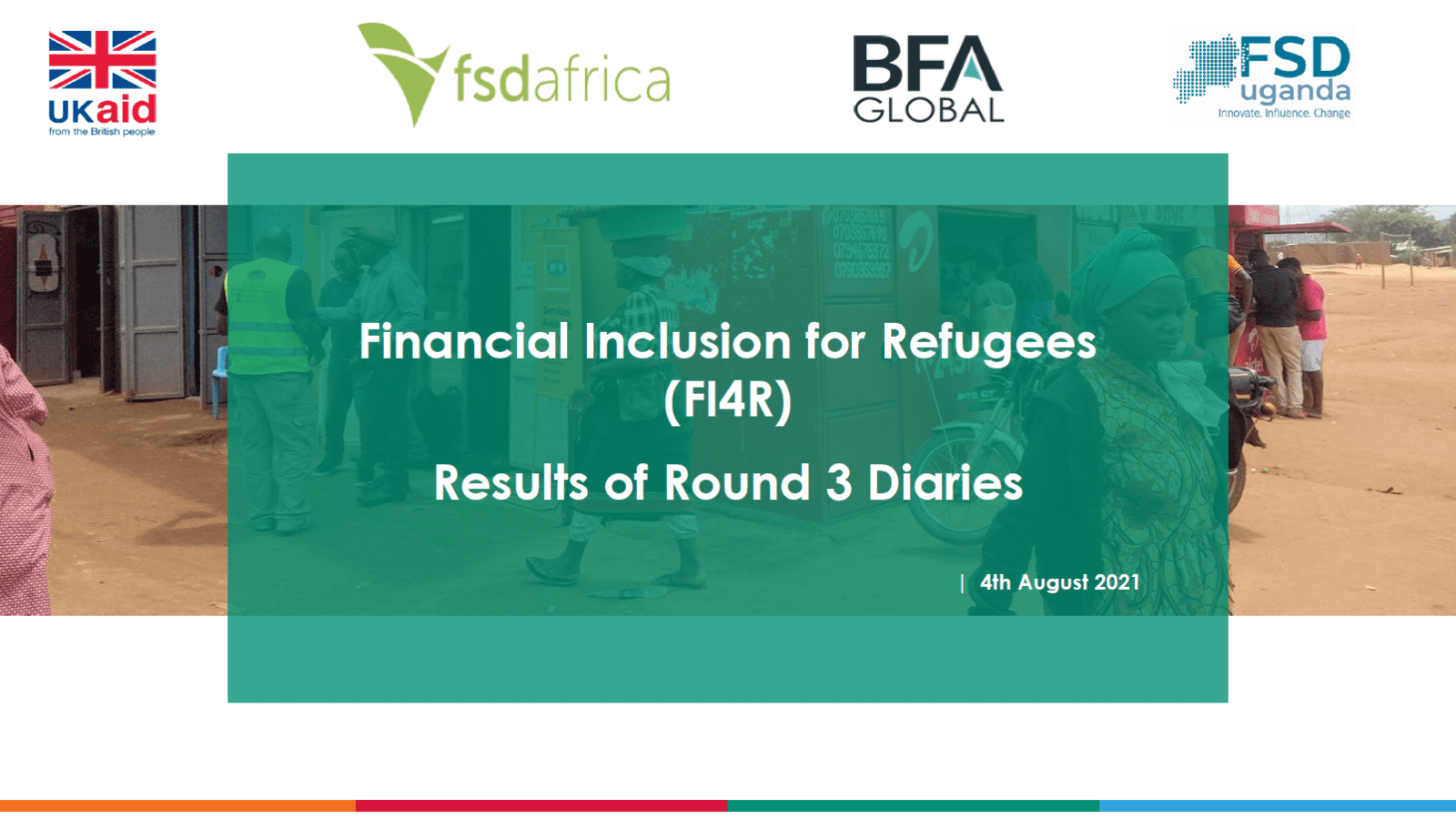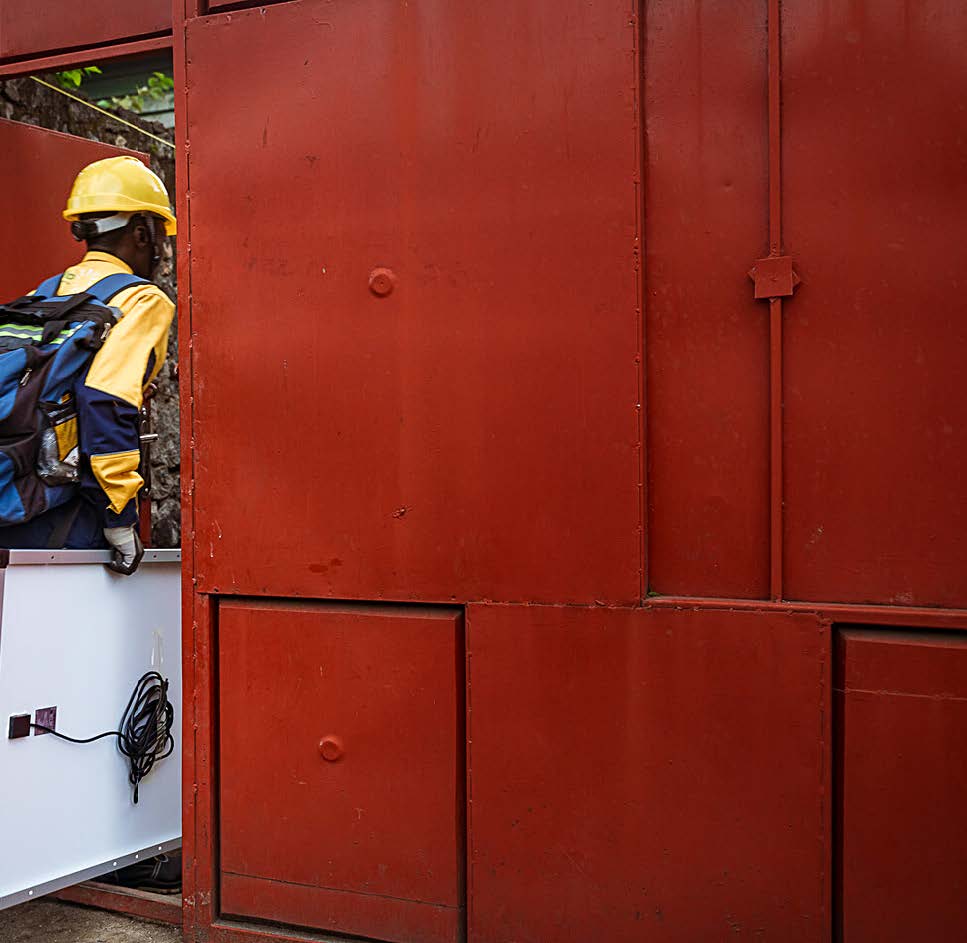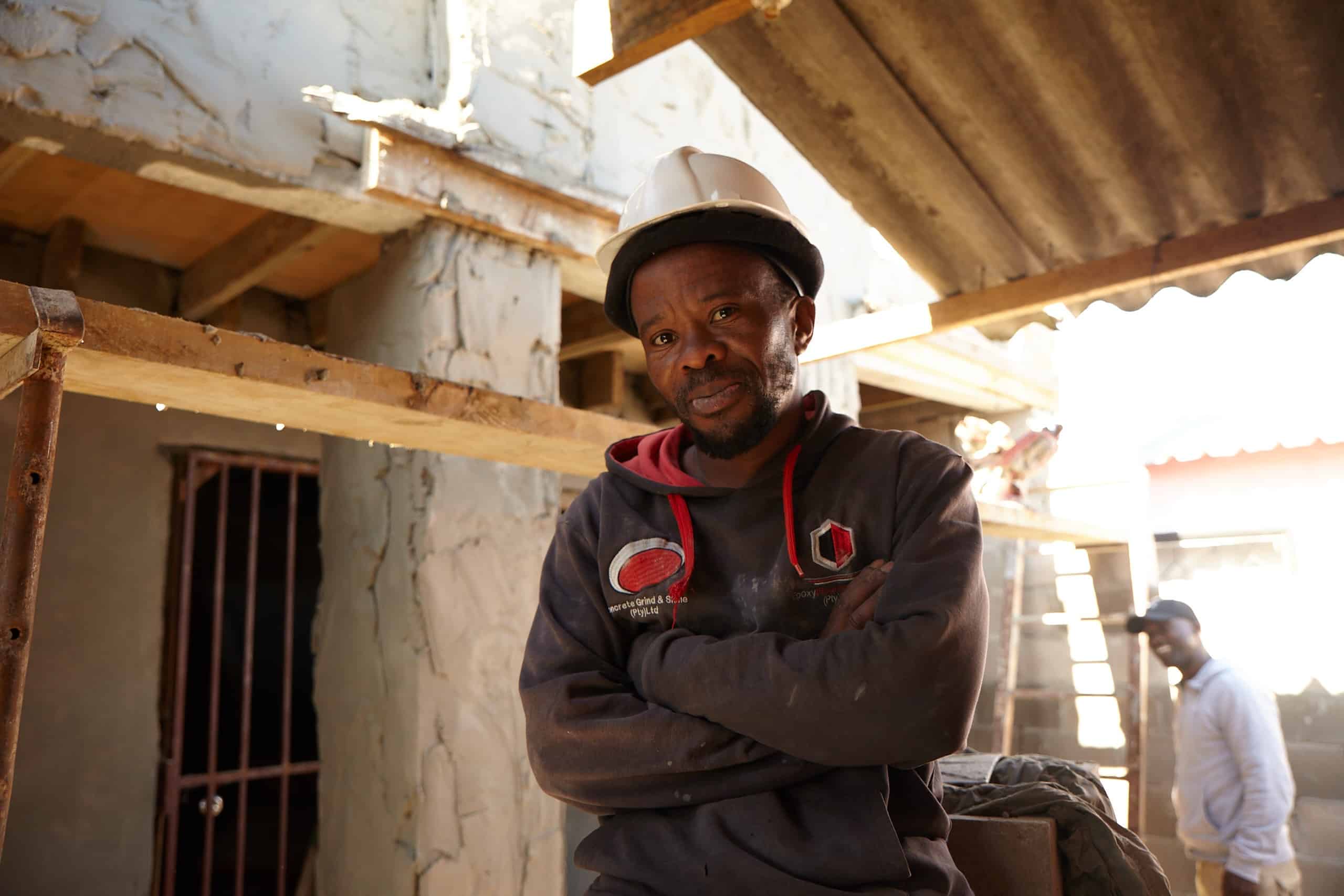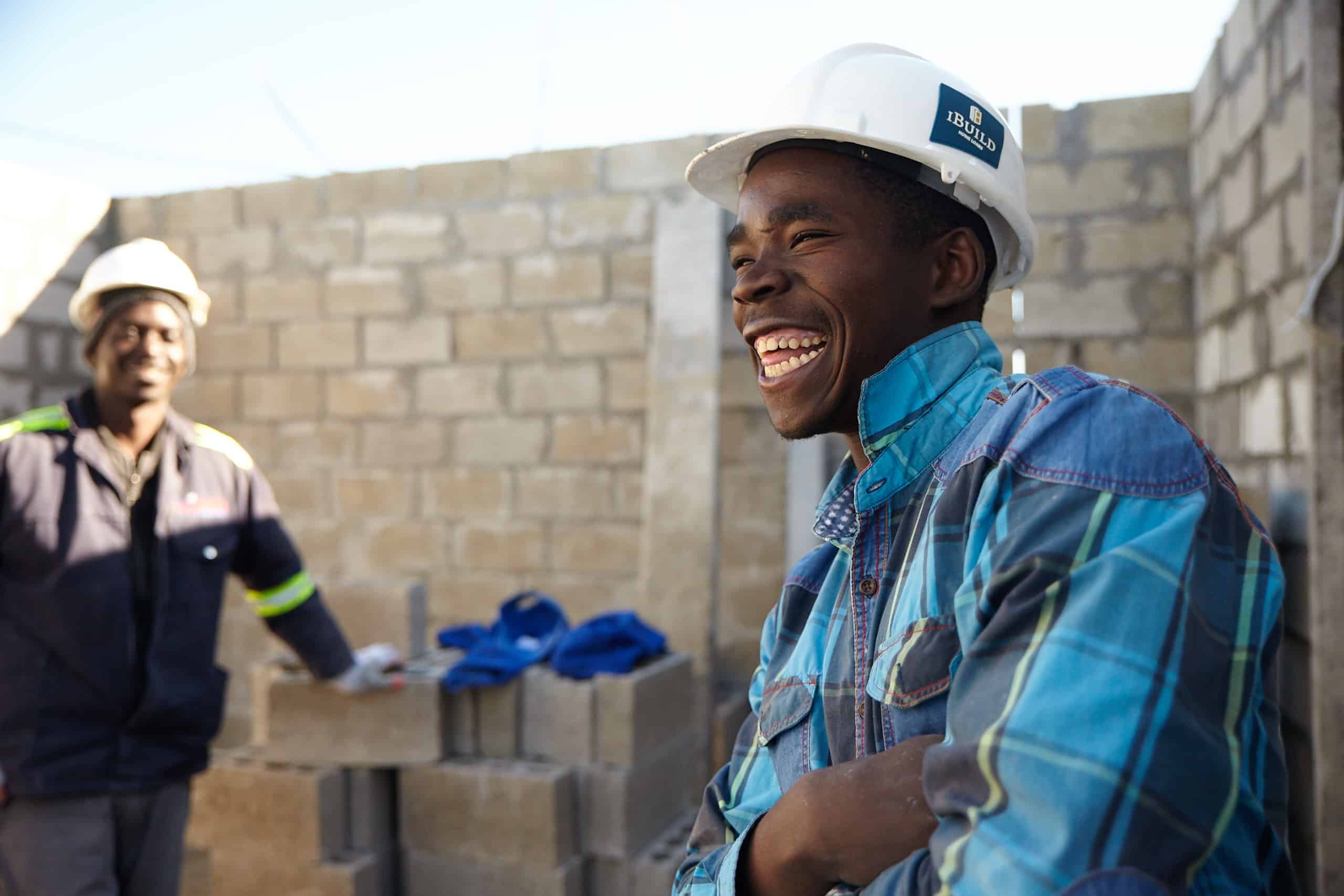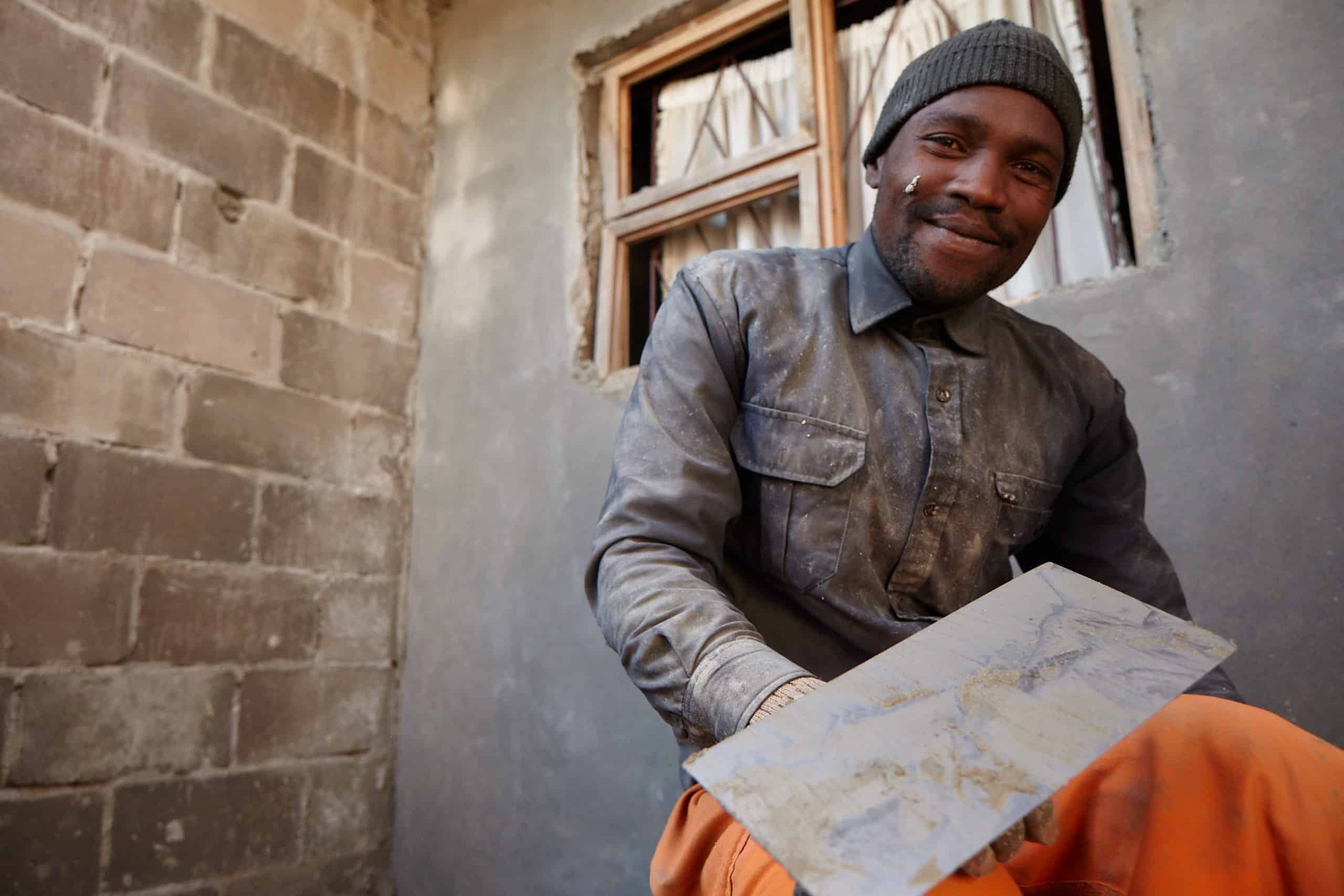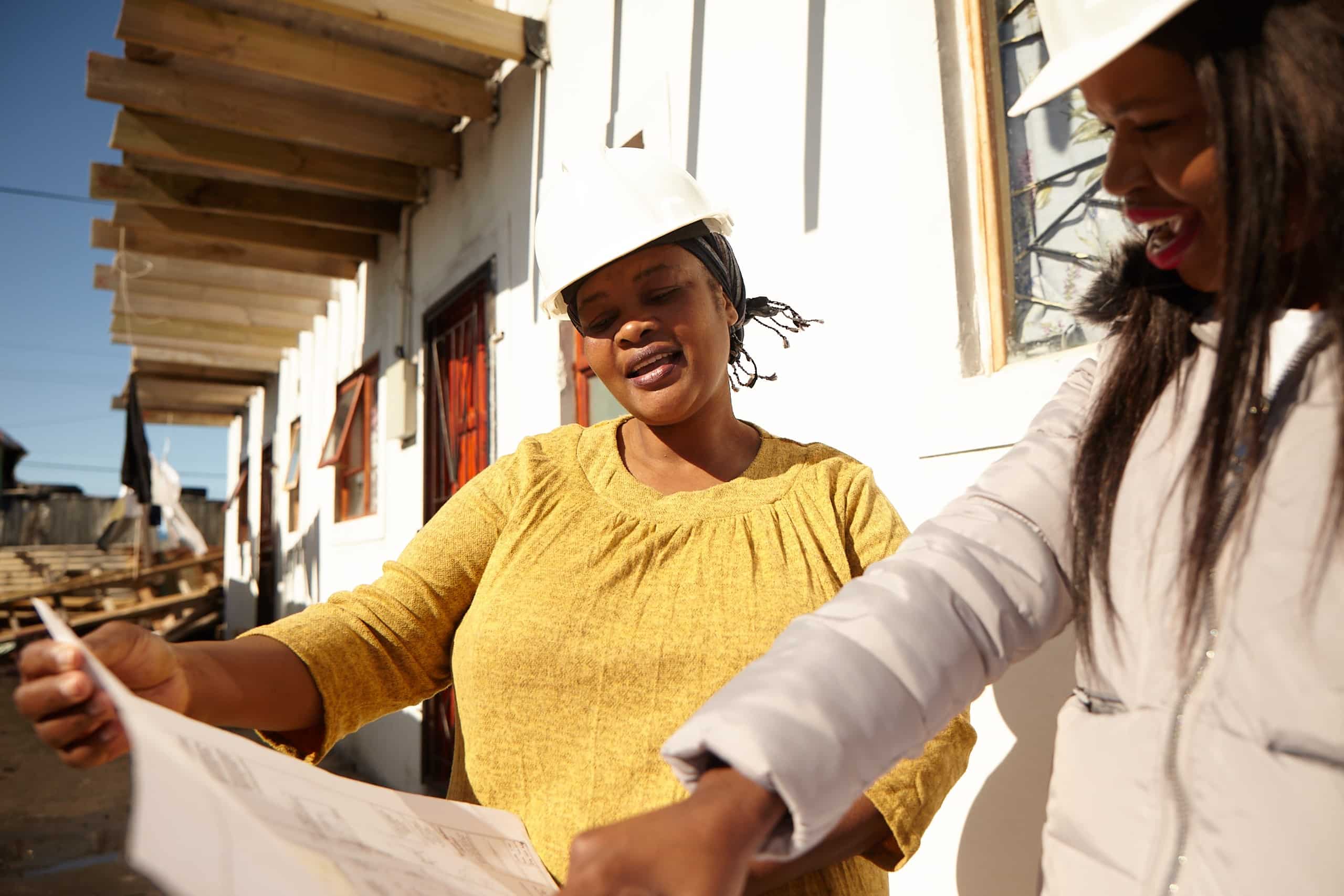Nairobi, July 2, 2025: FSD Africa Investments (FSDAi), the UK-backed specialist development finance investor, is investing US$2.5 million into West Africa Blue (“Blue”)’s blue carbon project in Sierra Leone’s Sherbro River Estuary (SRE). The investment was announced by the UK Foreign Secretary, the Rt Hon. David Lammy MP, at the Africa Debate in London on Wednesday 2 July 2025. FSDAi’s investment will contribute to the conservation and restoration of approximately 94,000 hectares of mangrove ecosystems across 11 chiefdoms. Working in close collaboration with local communities, the project will demonstrate the potential for blue carbon nature-based solutions to sustainably address climate change, protect biodiversity and build income diversification and economic development opportunities.
Mangrove ecosystems are powerful carbon sinks that combat climate change and build coastal resilience. Despite their promise, blue carbon projects struggle to raise private sector investment due to their complexity, extended timelines to scale and high execution risks. FSDAi’s early-stage investment will help de-risk the SRE project and demonstrate the feasibility of structuring financing facilities linked to carbon revenue, enabling project developers to transition from a dependence on scarce philanthropic and concessional funding towards a model that attracts commercial investment. This aligns with FSDAi’s broader mission to mobilise capital and promote development impact in underserved communities. The project is FSDAi’s first direct investment in a nature- based solution and will complement its existing portfolio that enables capital allocation to Africa’s green economic growth by backing existing asset managers and venture builders.
In addition to significantly reducing greenhouse gas emissions and protecting biodiversity, the project is expected to significantly empower the economic livelihoods of local communities. A core component of the project is the development of an innovative, equitable and transparent benefit sharing mechanism in consultation with communities and the government.
Announcing the investment, FSDAi’s Chief Investment Officer, Anne-Marie Chidzero said,
“This strategic US$2.5 million investment in West Africa Blue’s pioneering blue carbon project in Sierra Leone marks a significant step for FSDAi. As our first direct foray into nature-based solutions, it underscores our commitment to demonstrate the financial proposition to financing nature and creating economic opportunities for communities.”
Elizabeth Littlefield, Blue’s Senior Partner, said, “West Africa Blue is grateful for the support and partnership of FSDAi in this groundbreaking project which will be transformative for communities and the coastal ecosystem that is their home. With FSDAi’s support, we aim to set a high benchmark for quality, transparency and fairness including sharing our Benefit Sharing Agreement and other tools, in order to catalyze the nature-based solution market in Africa.”
About FSDA Investments
FSD Africa Investments (FSDAi) is a specialist financial sector investor established by FSD Africa and the UK’s FCDO to strengthen and deepen Africa’s financial markets. We bridge critical funding gaps by investing patient, risk-bearing capital in novel financial instruments, facilities, and intermediaries. Our strategic investments take on early risk, test new models and catalyse capital from others to gradually transition the financial sector to finance Africa’s economic resilience and growth. To date, FSDAi has committed £89.7 million from its £309m capital commitment to 20 investments, and has successfully exited two investments, one at 2x money.
For more information, visit https://fsdafrica.org/fsdai-investments/.
About West Africa Blue
West Africa Blue (“Blue”) is a community-centric developer of high integrity, large-scale, blue carbon projects in West and Central Africa. Blue partners with local communities and governments to develop financially sustainable projects that seek to mitigate climate change, boost community resilience, and protect biodiversity. Based in Freetown, Sierra Leone, Blue has worked in the region for over a decade. Its flagship mangrove conservation and restoration project is in the Sherbro River Estuary of Sierra Leone, with a second project in Guinea and a pipeline of other, early-stage projects. Blue offers its projects as ‘Living Labs,’ sharing its lessons learned, tools, models and even its full Benefit Sharing Agreement, open source, to help develop the market for high integrity nature-based projects in Africa and beyond.
For more information, visit https://www.westafricablue.org/.
